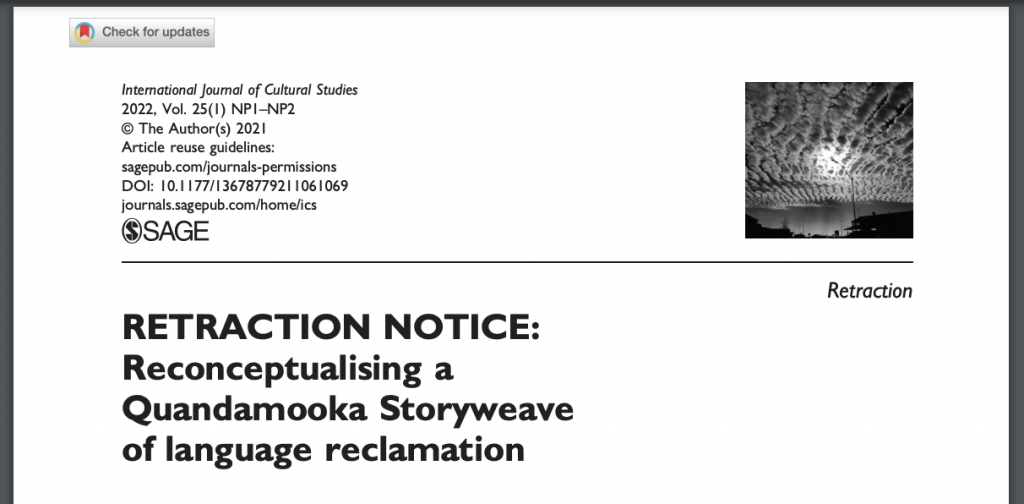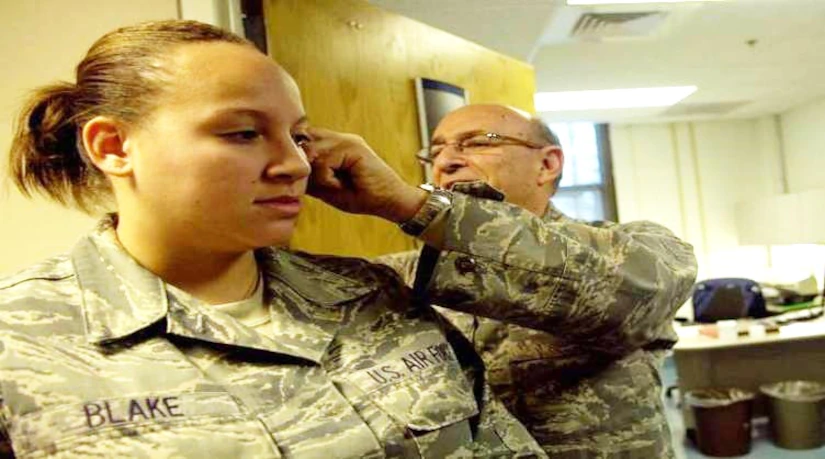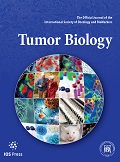A group of heart researchers in China now have four expressions of concern, along with a retraction, for questions about the reliability of their data.
The latest expressions of concern for the team, led by Bu Lang Gao, of Shijiazhuang First Hospital of Hebei Medical University, involves a 2019 paper in Springer Nature’s Scientific Reports titled “Asymmetrical middle cerebral artery bifurcations are more vulnerable to aneurysm formation.”
Here’s the notice for the article, which has been cited 4 times, according to Clarivate Analytics’ Web of Science:
Continue reading Expressions of concern mount for heart researchers over data provenance








